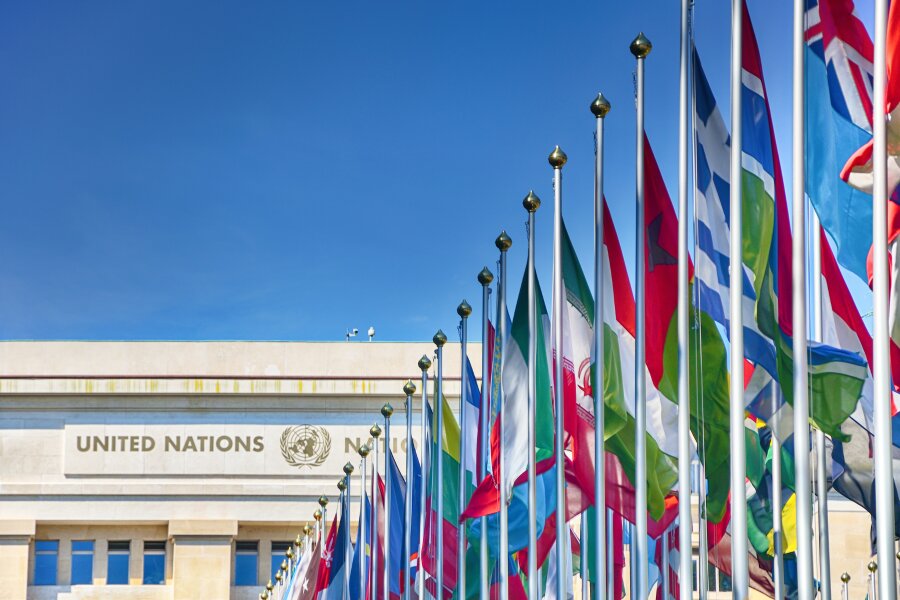Best Art & Cultural Property Law Lawyers in Tuzla
Share your needs with us, get contacted by law firms.
Free. Takes 2 min.
List of the best lawyers in Tuzla, Bosnia and Herzegovina
We haven't listed any Art & Cultural Property Law lawyers in Tuzla, Bosnia and Herzegovina yet...
But you can share your requirements with us, and we will help you find the right lawyer for your needs in Tuzla
Find a Lawyer in TuzlaAbout Art & Cultural Property Law in Tuzla, Bosnia and Herzegovina
Art & Cultural Property Law in Tuzla, Bosnia and Herzegovina is a specialized area of law focusing on the protection, preservation, and legality surrounding art, artifacts, and cultural heritage. This legal field encompasses a variety of issues, including ownership rights, cultural heritage protection, importation and exportation of cultural goods, and countering illegal trafficking. Bosnia and Herzegovina, rich in cultural history, has legal frameworks to preserve and protect its vast array of cultural properties from historical sites to contemporary artworks. These legal structures are designed to ensure that the nation’s cultural assets are safeguarded for future generations.
Why You May Need a Lawyer
Engaging with Art & Cultural Property Law can be complex, and there are several situations where legal advice may be needed:
- Establishing ownership of an artwork or cultural property, particularly if its provenance is disputed.
- Navigating the legal requirements for exporting or importing art and cultural artifacts.
- Dealing with claims of illegal trafficking or handling of stolen art.
- Resolving disputes related to the ownership or sale of cultural heritage sites.
- Compliance with local and international laws, such as UNESCO conventions regarding cultural heritage.
- Assisting in the restoration and conservation initiatives by ensuring legal protections are observed.
Local Laws Overview
Tuzla, as part of Bosnia and Herzegovina, is subject to both national and international legal frameworks governing Art & Cultural Property Law. Key aspects include:
- Law on the Protection and Preservation of Cultural Heritage: Establishes the basis for safeguarding Bosnia's cultural assets.
- Law on Museums: Regulates the management of museum collections and acquisitions.
- Law on Copyright and Related Rights: Protects intellectual property rights related to artworks.
- International Agreements: Bosnia and Herzegovina is a signatory to international conventions, such as the UNESCO 1970 Convention for prohibiting and preventing the illicit import, export, and transfer of ownership of cultural property.
Frequently Asked Questions
What is considered cultural property under Bosnian law?
Cultural property generally includes items of archaeological, historical, artistic, or scientific value that are significant to the nation's heritage.
Do I need a permit to export art from Bosnia and Herzegovina?
Yes, you are required to obtain a permit from the relevant authorities to legally export artworks or artifacts from Bosnia and Herzegovina.
How can I prove the provenance of an artwork?
Provenance can be proven through sales receipts, historical documentation, exhibition records, and expert assessments among other means.
What should I do if I discover an archaeological artifact?
Under Bosnian law, you are required to report the finding to the local museum or relevant authorities to ensure proper legal procedures are followed.
Can cultural property be privately owned?
Yes, cultural property can be privately owned, but its transfer, conservation, and restoration are subject to legal compliance with protective laws.
How is illicit trafficking of cultural property addressed?
Illicit trafficking is a criminal offense and is addressed by national legislation and international conventions that impose strict penalties.
What is the role of museums in cultural property law?
Museums play a crucial role in preserving, displaying, and securing documentation for cultural property, ensuring compliance with laws.
Am I liable for buying stolen art unknowingly?
Buyers may face legal consequences if due diligence to verify the origins of artwork is not performed, highlighting the importance of working with legal counsel.
Can I modify a protected cultural heritage site?
Modifications are generally subject to strict legal regulations and require prior approval from heritage protection agencies.
What steps should I take to return culturally significant items to their region of origin?
Returning significant items involves coordination with heritage authorities and often requires legal facilitation to ensure rightful restitution.
Additional Resources
Here are some useful resources for someone seeking more information or assistance in this legal field:
- Ministry of Civil Affairs: Manages cultural heritage preservation at the national level.
- Commission to Preserve National Monuments: Works to safeguard historical and cultural monuments.
- Local museum administration bodies: Offer guidance on artifacts and local cultural matters.
- UNESCO Bosnia Office: Provides support and information regarding international conventions in cultural heritage.
Next Steps
If you need legal assistance in Art & Cultural Property Law, consider the following steps:
- Consult with specialized lawyers in cultural property to understand your rights and obligations.
- Research local legal firms or attorneys who have documented experience in cultural property cases.
- Gather all relevant documentation related to the art or cultural property in question.
- Connect with local or national resources for guidance, such as the Ministry of Civil Affairs or heritage authorities.
- Ensure compliance with both local laws and international conventions that are relevant to your case.
The information provided on this page is intended for informational purposes only and should not be construed as legal advice. While we strive to present accurate and up-to-date information, we cannot guarantee the accuracy, completeness, or currentness of the content. Laws and regulations can change frequently, and interpretations of the law can vary. Therefore, you should consult with qualified legal professionals for specific advice tailored to your situation. We disclaim all liability for actions you take or fail to take based on any content on this page. If you find any information to be incorrect or outdated, please contact us, and we will make efforts to rectify it.









